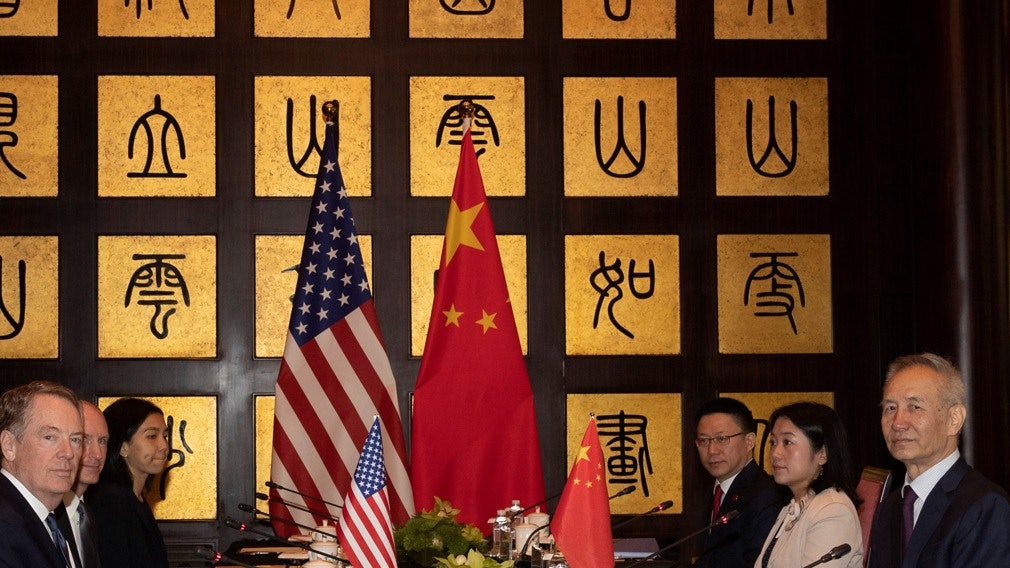In the US-China Shanghai negotiations, the White House issued a statement on July 31 stating that the two sides discussed various issues other than agriculture, including Chinese government subsidies, compulsory technology transfer and intellectual property infringement. However, the Ministry of Commerce of China did not mention any issues other than agriculture.
According to a Reuters report on July 31, the US-China negotiators ended their brief talks in Shanghai on the 31st of Beijing time, but there was no sign of progress. The two sides also agreed to continue talks in September, which extended instability. The truce.
Both the White House and the Chinese Ministry of Commerce said that the current round of negotiations was constructive, but neither side announced any agreement or friendly gesture that might clear the way for more substantive negotiations in the future.
The lack of progress in the negotiations could lead to fears of a protracted trade war that will put pressure on the global market.
The White House issued a statement on the 31st saying that China has confirmed its commitment to increase the purchase of US agricultural products. The US and Chinese representatives discussed issues such as Chinese government subsidies, compulsory technology transfer and intellectual property infringement in the Shanghai negotiations.
According to a report by the US Consumer News and Business Channel (CNBC) on the 31st, the White House stated that the two sides discussed issues such as compulsory technology transfer, intellectual property rights, services, non-tariff barriers and agriculture.
The statement said, “China has confirmed its commitment to increase the purchase of US agricultural products. These meetings are constructive and we look forward to continuing negotiations on an enforceable trade agreement in Washington, DC in early September.”
However, the statement issued by the Ministry of Commerce of China on July 31, Beijing time, did not mention any issues other than agriculture.
At 18:00 on the 31st, Beijing time, the Chinese Ministry of Commerce issued a statement on the official website saying that China and the United States conducted frank, efficient and constructive in-depth exchanges on major issues of common interest in the economic and trade field in accordance with the important consensus requirements of the two heads of state in Osaka.
The statement said that the two sides discussed that China will increase its procurement of US agricultural products according to domestic needs and the US will create “good conditions” for procurement.
The two sides will hold the next round of high-level economic and trade consultations in the United States in September.
On July 31, the US “Wall Street Journal” commented on the just-concluded Shanghai negotiations between China and the United States. The latest round of negotiations between the United States and China is slow, partly because of a new strategy in Beijing. Beijing hopes to show willingness to negotiate, but also I think that I am not eager to make concessions, and Beijing is increasingly convinced that waiting may result in an agreement that is more beneficial to itself.
Mei Xinyu, a researcher at a think tank in the Chinese Ministry of Commerce, said that China can easily wait and be patient. He said that China’s economy is recovering and the US economy may slow down. “The impact of the trade war on China’s economy is at an early stage, but the impact on the US economy is at a later stage.”












